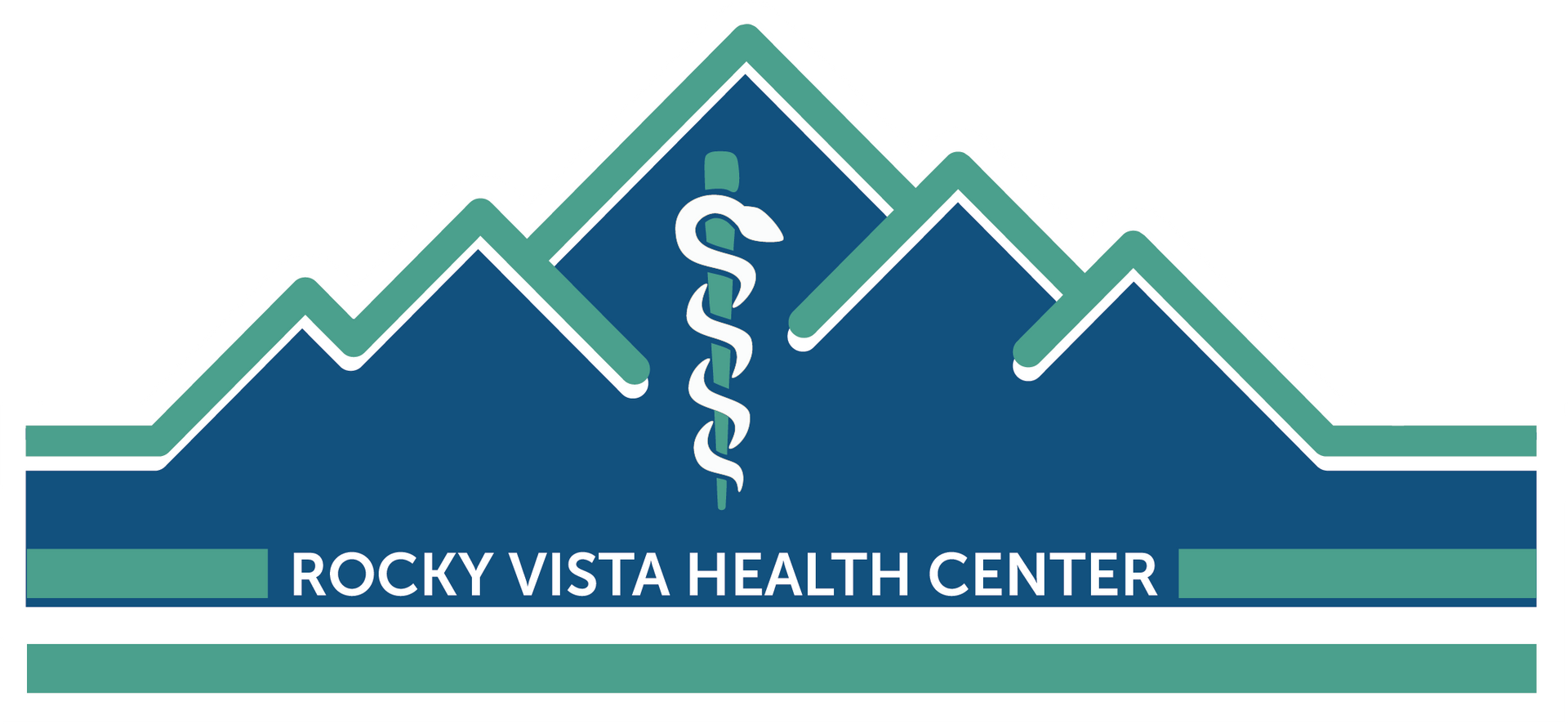What is a Nephrologist and When Should You See One?

A nephrologist is a physician who specializes in diseases of the kidneys and the urinary tract, according to the American Society of Nephrology (ASN). A person with a suspected kidney problem, or patients who suffer from conditions like hypertension and diabetes that could lead to potential kidney problems, often turn to a nephrologist for treatment. But what does this job entail, and how do you decide if you should you see one? Read on to understand better.
Nephrology Overview
Nephrology is a branch of medicine that primarily deals with the kidneys, which are the structures that produce, filter, and excrete urine. Nephrologists are the doctors who treat kidney problems. These doctors can specialize in treating any part of the kidney, or diseases of the urinary tract, its blood supply and surrounding tissues.
Being a branch of internal medicine, Nephrology often works closely with other specialties such as urology and hematology. Nephrologists also work closely with clinical laboratories and radiology departments to diagnose and treat kidney disease.
As Americans age, more people suffer from chronic conditions like hypertension (high blood pressure), diabetes, and chronic kidney disease—all conditions that can lead to kidney failure. The aging population and advances in medical technology have helped create a greater demand for nephrologists than ever before.
What Do Nephrologists Do?
Nephrology is the medical specialty that deals with the kidneys and their diseases. Nephrologists work with patients who have any type of kidney disease, including diabetic nephropathy and chronic renal failure. They also help patients manage disorders such as hypertension (high blood pressure), polycystic kidney disease, glomerulonephritis, and renal calculi (stones).
Nephrologists may treat patients who have had a kidney transplant or are undergoing dialysis. A nephrologist can perform tests such as a urinalysis and blood tests to determine whether a patient has an infection or another condition that could be causing their symptoms.
In addition to these tests, nephrologists also perform other diagnostic procedures such as imaging studies, biopsies, and even surgeries, when required.
Nephrologist's Education and Training?
To become a nephrologist, you must complete four years of medical school and three years of residency training in nephrology. If you have an MD degree, you can complete this training in one year less than if you were to obtain an MD/Ph.D. degree. After completing your residency program, you must pass two examinations to become board-certified in nephrology: one for internal medicine and one for subspecialty certification in nephrology.
Nephrologists often work in private practice as well as hospitals. They may manage patients with chronic kidney disease, hypertension, or other disorders of the blood vessels, glomeruli, or tubules.
What Diseases Are Managed by Nephrologists?
Kidney diseases can be classified into two major groups: structural abnormalities and functional abnormalities. Structural abnormalities include kidney stones and tumors (growths) on the kidneys or urinary tract organs.
Functional abnormalities include infections, obstructions, metabolic disorders, and genetic disorders such as polycystic kidney disease (PKD). The most common illnesses managed by nephrologists include:
1. Chronic Kidney Disease (CKD)
CKD
is a long-term condition that reduces the kidneys’ ability to filter blood properly. As a result, nephrons in the kidney are lost to glomerulosclerosis, which is the scarring or break down of glomerulus. As a result, wastes build up in the body and cause serious health problems if not managed. Protein in the muscles break down and spike creatinine levels in the blood, which is usually indicative of progress in the disease.
Based on creatinine levels and GFR rate, CKD is classified into various stages, and nephrologists treat their patients accordingly. People with end-stage renal disease may require dialysis or even organ transplantation.
2. Acute Kidney Injury (AKI)
AKI occurs when there is sudden damage to one or both kidneys. AKI can be life-threatening if left untreated. It can be caused by heart problems that lead to poor blood supply to the kidneys, organ failure, severe dehydration due to vomiting or diarrhea, among other things. Acute toxic kidney injury occurs due to poisoning from various nephrotoxic substances like antifreeze. It requires immediate medical attention so as to not turn into a life-threatening condition.
3. Polycystic Kidney Disease (PKD)
PKD is a caused by an inherited gene mutation that causes cysts to form on the kidneys over time. In rare cases, there can also be a ‘spontaneous’ gene mutation that wasn’t inherited. Cysts are tiny sacs filled with fluid that can cause the kidneys to enlarge over time. Gradually, they replace a major part of your kidney, leading to loss of renal function. PKD can also cause cysts to grow in the liver, and lead to problems in your liver and heart. This condition cannot be cured, but its symptoms can certainly be managed effectively by nephrologists. In severe cases, structural alterations or transplants may also be done.
4. Kidney Stones
Kidney stones are hard deposits that form inside your kidneys when residual minerals such as calcium or uric acid harden into crystals or small lumps. Improper diet patterns, some medications/supplements, obesity, and hereditary factors can contribute towards the development of kidney stones. Nephrologists may treat this condition using medication to dissolve them or invasive/non-invasive surgery, based on the severity.
When Should You See a Nephrologist?
It's important to know when it's time to seek help from a specialist in nephrology because some conditions require immediate treatment with medication or surgery.
If you're experiencing symptoms of kidney disease, you should see your primary care provider first. If they are able to diagnose and treat your condition, they will. If not, they will refer you to a nephrologist who will definitely be able to treat you. Let's take a look at some common symptoms that may require seeing a nephrologist:
● You have new-onset hypertension (high blood pressure) and anemia (low red blood cell count). These conditions often occur together because high blood pressure can cause damage to the kidneys, as well as lead to Chronic Kidney Disease, which could progress into End-Stage Renal Disease (ESRD) if left untreated.
● You have been diagnosed with Diabetes Mellitus Type 2 and have protein in your urine (proteinuria). Proteinuria is one of the earliest signs of Chronic Kidney Disease. If you have Type 2 Diabetes and any degree of proteinuria—even if it's only slightly elevated—you should be evaluated by a nephrologist.
● You have unexplained weight loss or fatigue despite getting enough sleep at night, you may require a nephrology consultation. While these symptoms may be caused by something other than renal issues, they can also result from a kidney disorder.
How Do Nephrologists Diagnose Kidney Diseases?
They use a variety of tests and procedures to diagnose kidney disease. The doctor may ask questions about your symptoms, medical history, and family history of kidney problems. You may also have blood and urine tests, an ultrasound exam, and other tests. Depending upon your condition, your nephrologists may ask you to take one or more tests, including:
1. Blood Tests
A blood test checks for signs of kidney disease, such as high levels of creatinine or urea in your blood. The doctor may order blood tests to check levels of electrolytes, such as calcium and potassium levels, which can be high if you have heart failure caused by kidney disease. Blood sugar levels can be high if you have diabetes or prediabetes that hasn't been treated well.
2. Urinalysis
Urinalysis checks for waste products from your kidneys in your urine. Protein in the urine is often a sign of kidney disease. Urine tests check the color and appearance of your urine and its volume and frequency. The results may indicate that you have protein in your urine, which can signify kidney disease. Other signs include urinating more often than usual or having trouble starting urine flow.
3. Creatinine Clearance Test
Also called Creatinine Clearance Measures, these tests can indicate how well your kidneys remove excess waste products from your blood. The creatinine test is a common test ordered by doctors to monitor kidney function. A healthy adult should have 1.3 mg/dL or lower. If the result comes back high, it could indicate that you have an underlying medical condition affecting your kidneys' ability to cleanse your blood correctly.
Final Thoughts
Kidneys are master chemists of the body. They filter waste products from the bloodstream to make urine; they also regulate the balance of water, minerals, and chemicals in the body. Nephrology is a specialized field of medicine that requires physicians to know about renal function, how hypertension affects it, dialysis, and many aspects of endocrinology and nutrition, too.
If you are looking to get your kidneys checked out, head to Rocky Vista Health Center for expert guidance and supervision. Schedule an appointment with us to experience our state-of-art medical facilities that provides our patients with the best of care.
Keep Your Friend's Informed



